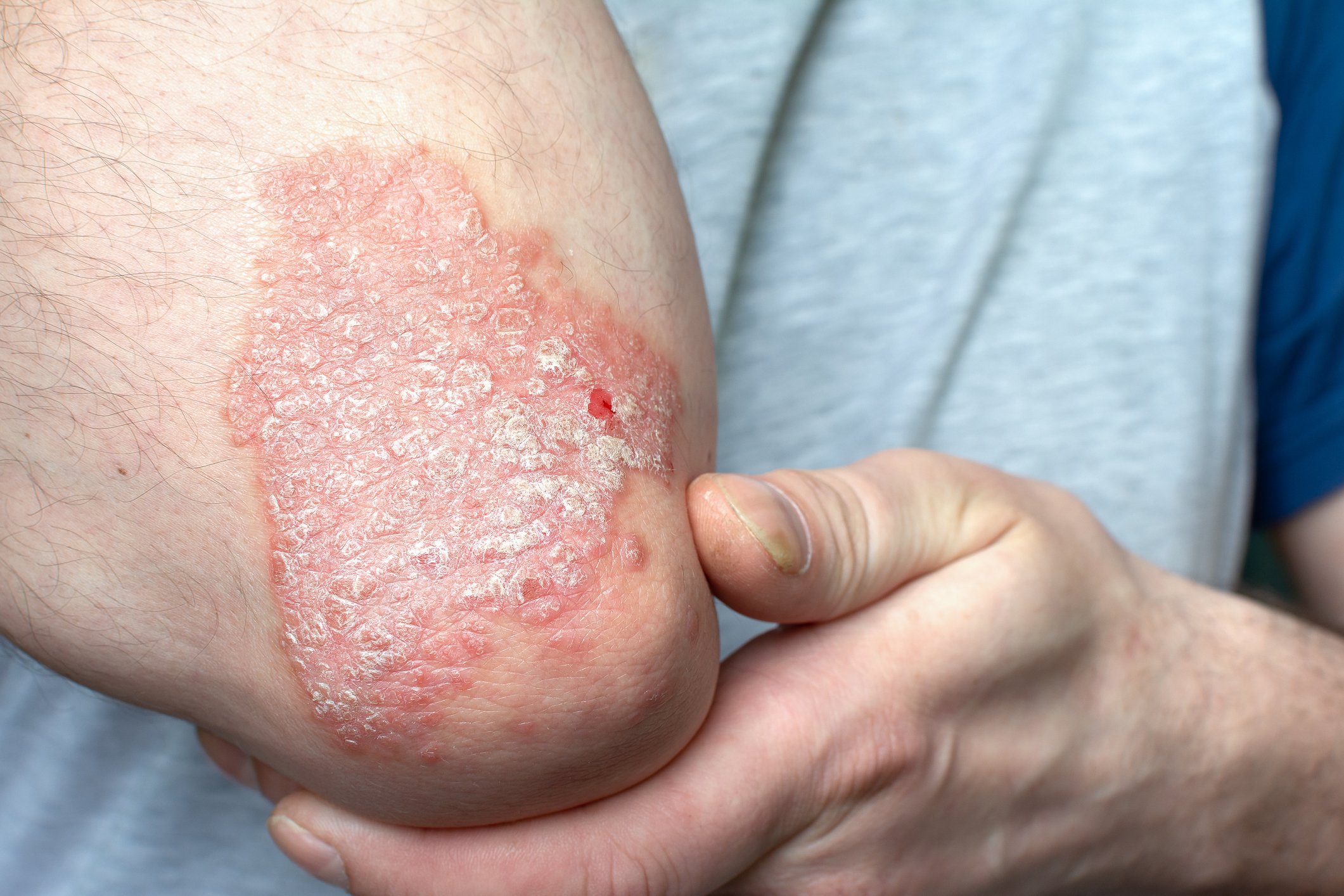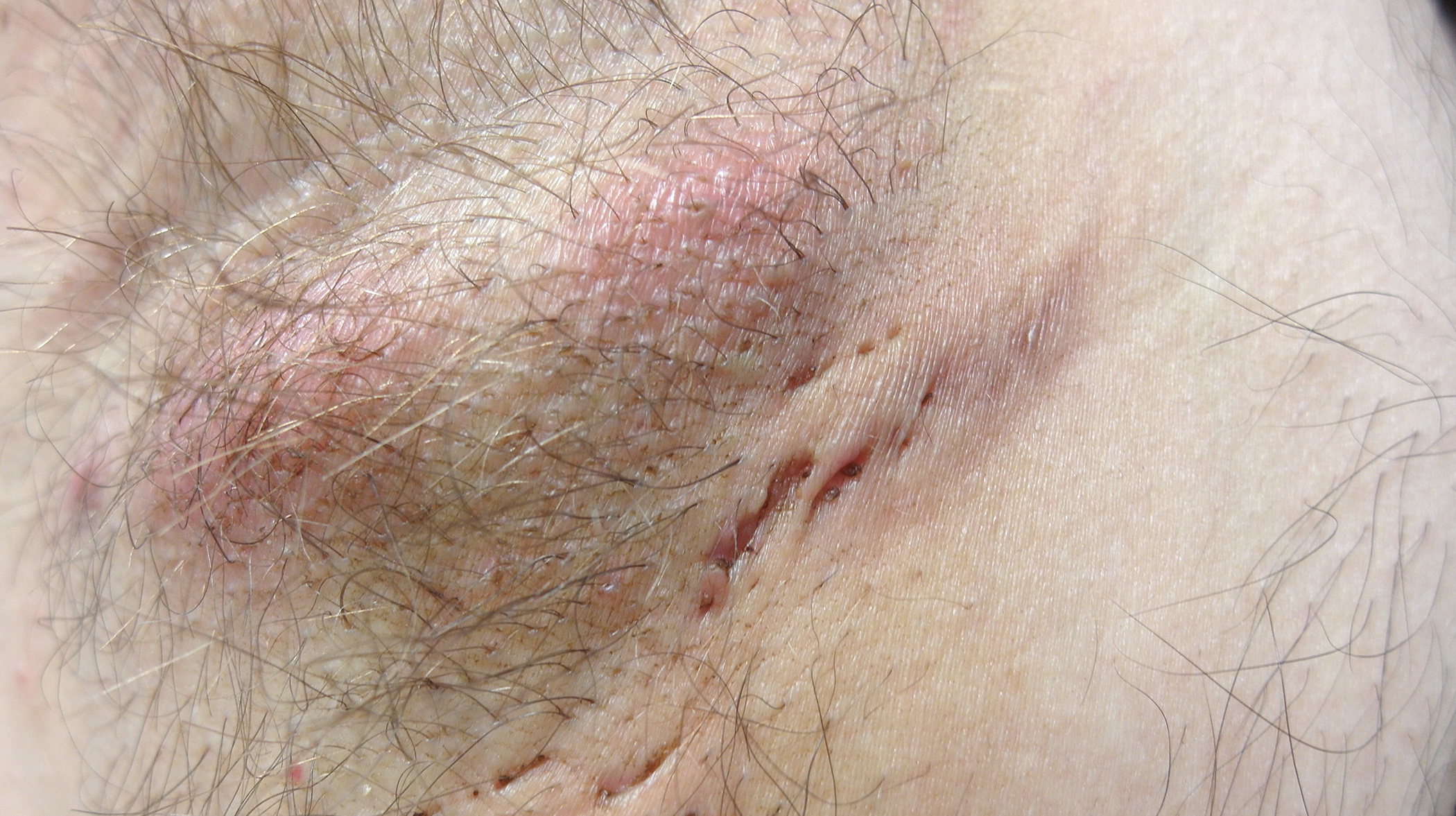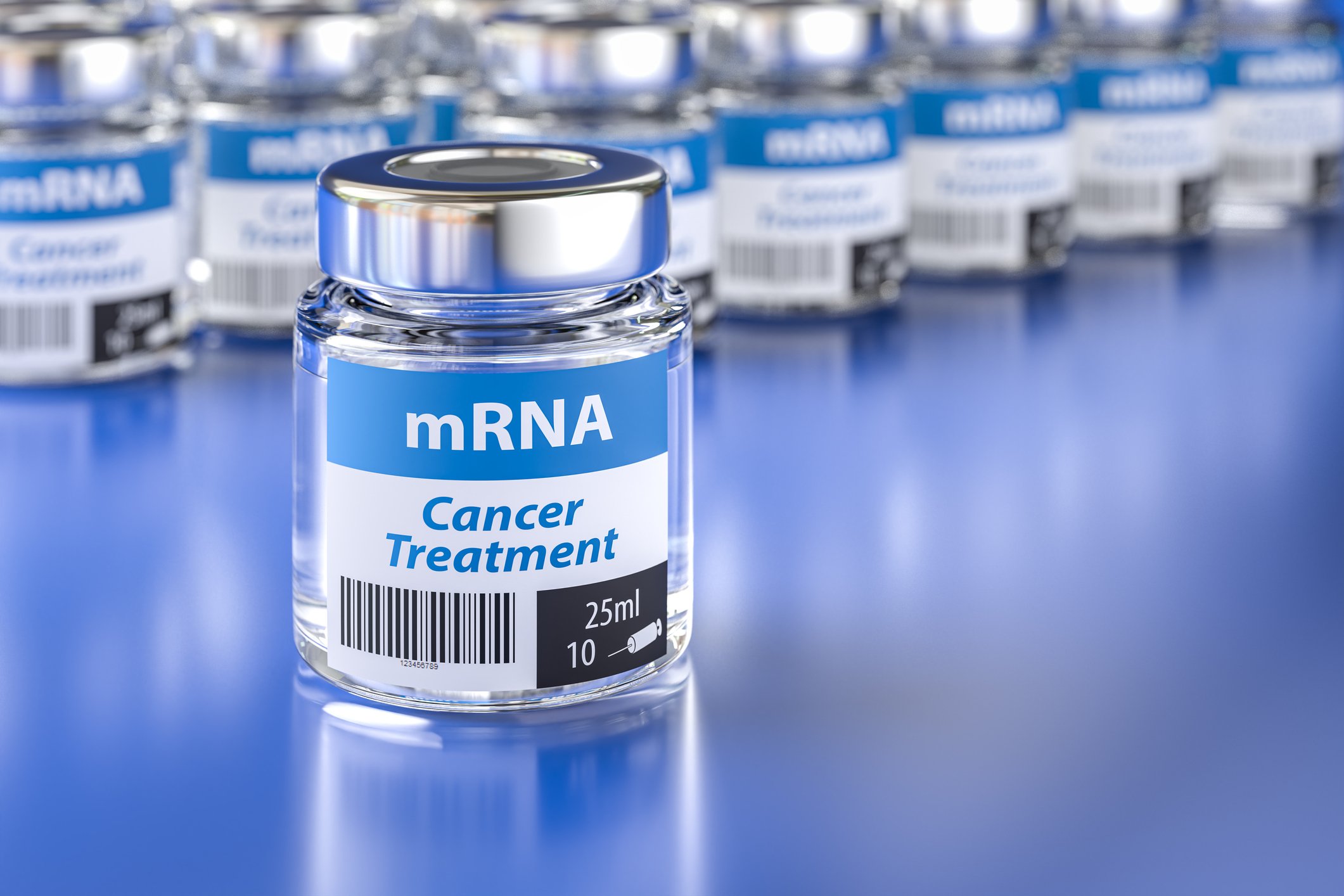(Hypo)mania in childhood and adolescence is associated with preceding depressive episodes, atypical depression in adulthood with high BMI. Can this knowledge be used prophylactically?
Modifiable risk factors are a possible target for preventive action. This idea underlies the search for predictive factors in unipolar or bipolar disorders.
Genes matter!
One predictor, not surprisingly, is an affective disorder in one or both parents. A meta-study concluded that a child’s risk of developing the disease in the presence of bipolar disorder in one parent is approximately 10% [1]. If both parents have the disease, the risk is already 30%. Children of depressed parents have a factor of 2 increased risk of also developing depression [2]. Since genetics cannot be modified: Are there any other predictors that could be modified?
Children and adolescents: Prediction difficult
Since unipolar and bipolar disorders begin early in childhood and adolescence, preventive measures must also be taken early, said Prof. Martin Preisig, M.D., of the Department of Psychiatry at Lausanne University Hospital. The first risk factor is a positive family history. Further signs are anxiety and sleep disturbances, followed by subthreshold affect symptoms, which develop into depressive episodes and ultimately (hypo)manic or bipolar symptoms (Fig. 1) . This course is influenced by genetic factors, perinatal stress, stressful life events, personality, coping strategies and social support.

Currently, few prospective studies exist that examine children of bipolar and depressed parents with respect to these potentially predictive factors. One of these is the Lausanne-Geneva High-Risk Study, which has now been running for twenty years. To date, 163 children of bipolar parents, 128 children of depressed parents, and 158 controls have been studied there from age seven through adulthood with regular follow-ups. The results support findings from similar studies. With regard to (hypo)mania, it has been found, among other things, that depressive episodes, subthreshold hypomania, and/or disturbed social behavior precede the illness; it should be borne in mind, however, that disturbed social behavior may already correspond to mild manic symptomatology. Substance dependence is also among the prodromal disorders of (hypo)mania, with cannabis in particular being classified as dangerous. Against the background of efforts to use cannabis therapeutically for many diseases, Professor Preisig therefore warns: “At least for bipolar disorder, as also reported for psychoses, cannabis is rather a trigger than something that has a positive effect”.
But where to apply the lever? Given the rather low positive prescriptive value, prodromal disorders, with the exception of depressive episodes, are unsuitable as predictors of (hypo)mania. Much more prominent is parental bipolar disorder with early age of onset and oppositional defiant behavior. Environmental influences and personality, on the other hand, hardly play a role.
Prodromal disorders of depression include panic disorder, generalized anxiety disorder, and separation anxiety. The former in particular shows a strong influence, especially since the risk of disease increases fourfold. The positive predictive values of the prodromes of depression, compared to those of the prodromal disorders of (hypo)mania, are more robust: 45% of those with separation anxiety, 60% of those with generalized anxiety disorder, and 63% of those affected by panic disorder actually developed depression in the course. Environmental factors also play a much more important role in depression: sexual abuse increases the risk fourfold, and family violence is associated with twice the risk. Parental depression with early age of onset (HR=1.45) and neuroticism (HR=1.14) also influence pathogenesis.
Prof. Preisig summarizes: It pays to treat prodromal disorders early. But these are often too nonspecific to warrant treatment for possible bipolar disorder (e.g., with lithium or atypical neuroleptics). In addition, bipolar and unipolar affect disorders appear to have different predictors. While (hypo)mania is often associated with parental bipolar disorder and previous depressive episodes, in depression environmental influences such as psychotrauma seem to have increased influence on pathogenesis.
Somatics more important with increasing age
The majority of patients with affective disorders are adults. This raises the question of what predictive factors might indicate unipolar or bipolar disorder, most of which occurs after the age of forty.
In the Lausanne CoLaus/PsyCoLaus study, which has been running for fifteen years and whose third follow-up is currently being carried out, it was shown, among other things, that non-specific depression is most strongly associated with preceding negative life events or stress (increase of 40%). All other factors – BMI, hypertension, inflammatory score, neuroticism, subthreshold depressive symptoms – were of secondary importance. The melancholic subtype, on the other hand, shows a significant increase in the risk of disease due to neuroticism and subthreshold depressive symptoms. In atypical depression, increased BMI is added to this picture as a predictor (Fig. 2).

Thus, a number of factors influence the pathogenesis of depression, such as personality profile, subthreshold depressive symptoms, stress (esp. in nonspecific depression), and cardiometabolic disorders (esp. in atypical depression). And Prof. Preisig adds, “The older you get, the more somatic disorders play a role.”
For prophylaxis, this means that treatment of personality disorders and subthreshold depressive disorders could indeed have a preventive effect with regard to the development of atypical and melancholic depression, and good somatic therapy could reduce the occurrence of atypical depression.
Literature:
- Lau P, et al: Prevalence of psychopathology in bipolar high-risk offspring and siblings: a meta-analysis. Eur Child Adolesc Psychiatry 2018; 27(7): 823-837.
- Rasic D, et al: Risk of mental illness in offspring of parents with schizophrenia, bipolar disorder, and major depressive disorder: a meta-analysis of family high-risk studies. Schizophr Bull 2014; 40(1): 28-38.
- Duffy A, et al: The clinical trajectory of emerging bipolar disorder among the high-risk offspring of bipolar parents: current understanding and future considerations. Int J Bipolar Disord 2017; 5: 37.
InFo NEUROLOGY & PSYCHIATRY 2019; 17(4): 16-18 (published 6/20/19, ahead of print).











